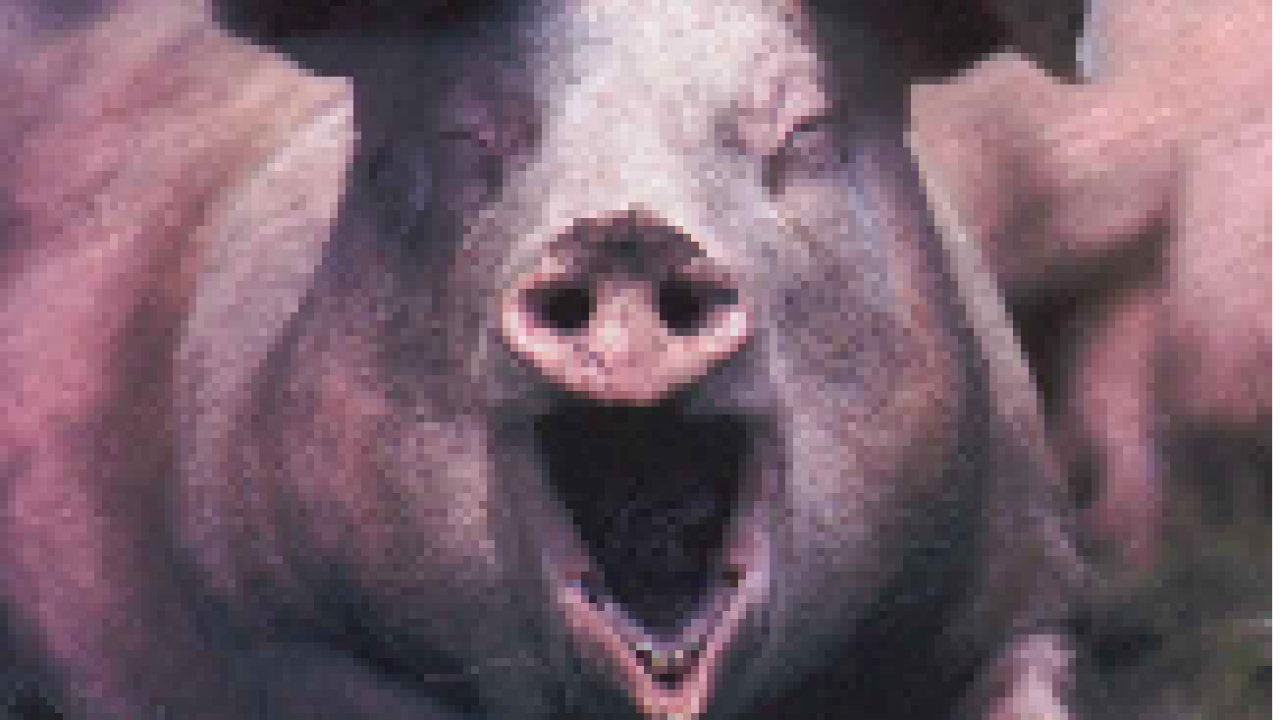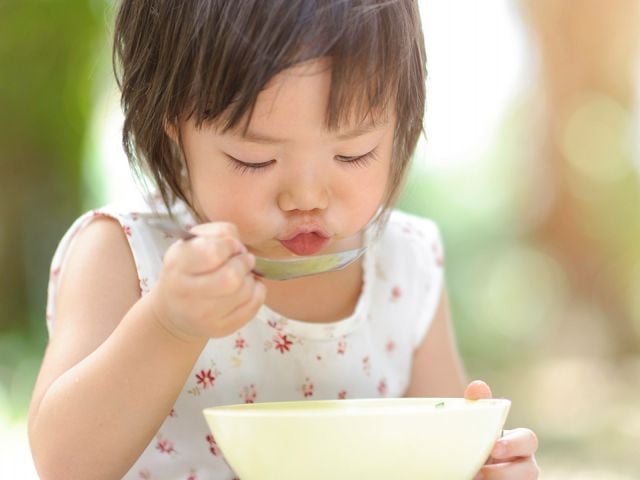
We are one summer away from the 2008 Summer Olympics in Beijing, and the host country is trying to win the gold by going green. This week’s Outside the Box hurdles organic pork, strict air quality control standards, and vast urban renewal in a marathon of environmental stories that might leave you forgetting about lead paint and toxic food.
Hamming it up
The official Olympic pork supplier, Qianxihe Food Group, is changing the way it prepares its meat so athletes won’t fail their drug tests. Special pigs grown in a secure location (one step away from an undisclosed bunker) will be fed organically grown feed and not injected with growth hormone. This of course implies chemicals banned by the International Olympic Committee are regularly present in Qianxihe (Lucky Crane is the U.S. brand) meat at doses high enough to appear on drug tests.
More below the fold...
The significance of this seems to be clear to everyone but the Qianxihe spokesman. The chemical supplements, such as growth hormone injected into the pigs and even the chemicals in the food they eat, are eventually passed on to the human consumer and become unwanted body burdens—yet again more toxins in the concealed chemical soup we ingest everyday. These pigs are normally deemed fit for consumption but hey, the rest of us aren’t Olympic athletes, right? Maybe OTB should forward the organics petition EWG recently delivered to Congress to Qianxihe executives.
At least the company seems to be taking these particular pigs seriously. Check out this hilarious quote by a Qianxihe spokesman, “From the perspective of terrorism prevention, the pig farms are secret and cannot announce their names, conduct publicity or allow entry by strangers until after the Olympics.” Perspective anyone?
Mixed Reviews
The Chinese government is rebuilding Beijing. With the remodeling comes the good, the bad, and the ugly. The Chinese leadership has made conscious efforts for environmentally friendly, sustainable development including setting aside the tidy sum of twelve billion dollars for ‘green’ construction projects. These projects include adding hundreds of square miles of parks, greenbelts, and trees.
Their methods leave a lot to be desired, however. A balance between the community, environment, and the need for development should always be sought, and in China that hasn’t been the case. The Centre on Housing Rights and Evictions estimates that as many as 1.5 million people have been evicted for Beijing’s photo op. Many of these evictions have been unwilling, uncompensated, and even involved the use of force. In addition, many of the Chinese rural provinces are attempting to mimic Beijing’s grandiose development in much less environmentally friendly ways. The Chinese model of rapid at-all-costs development is a far cry away from ideal.
While China’s newly developed environmental conscious looks to be like a positive event, a plethora of contradictions exist beneath the surface. Hopefully, human rights will play a larger role in Beijing’s development and growth hormone free pigs become the norm, not the exception.



